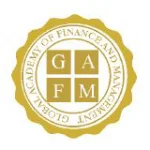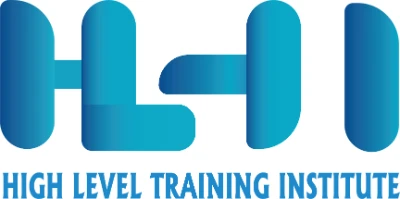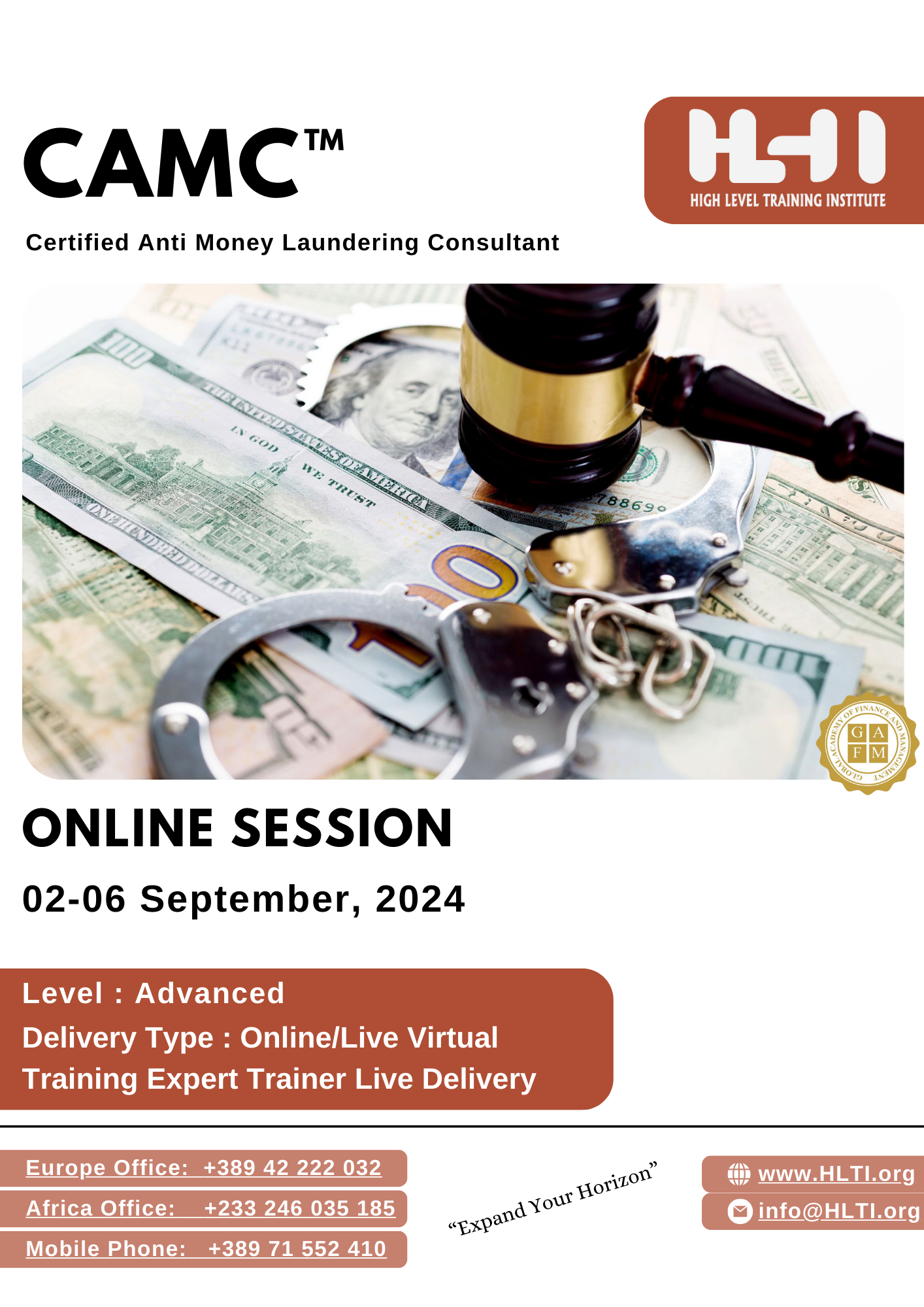CAMC Certified Anti Money Laundering Consultant
We are aware of the most current cases on violation of the anti-money laundering regulations and the cost associated to it. The fines imposed by the Regulators are quite severe and damaging to any organization without mentioning the cost to their reputation.
Virtually every entity suffers from fraud, though management might not know it. With…
$2,390.00
Location: Live Virtual
Course Overview
We are aware of the most current cases on violation of the anti-money laundering regulations and the cost associated to it. The fines imposed by the Regulators are quite severe and damaging to any organization without mentioning the cost to their reputation.
Virtually every entity suffers from fraud, though management might not know it. With fraud costing entities an estimated five percent of their annual revenues, organizations lacking proactive fraud prevention measures are the most at risk. This course will show you why traditional internal controls can be ineffective in preventing many frauds and how to combat fraud more effectively and economically.
Occupational fraud is a significant threat to any organization. Those organizations which employ fewer anti-fraud controls are more vulnerable to fraud. Nearly half of victim organizations do not recover any losses they suffer due to fraud.
This course provides a comprehensive, practical analysis of anti-money laundering legislation and implementation to help you get to grips with the complexities associated with fraud prevention and the protection of your organization.
You will also discover what you can do to protect your company from fraud. Learn about management’s responsibilities for preventing fraud and effective internal controls to aid in this effort. This course will take you further into leading techniques to manage the risk of fraud and cut its ongoing cost for all types of entities.
Benefits of Attending
- Successful completion of this course makes you a CAMC Certified Anti Money Laundering Consultant ™
- You can use the designation CAMC ™ on your business card and resume
- Up to 22 month’s membership to the GAFM® professional body
- Access to the GAFM ® network and body of information online
- Preferred access to education centers in USA, UK, Europe, Asia, Middle East and Latin America
- Access to the GAFM ® journal published online
- Gold Embossed Certificate with your name and designation as MGAFM (Member of the Global Academy of Finance and Management)
Who Should Attend
- Senior managers with responsibility for or involvement in the development or implementation of anti-money laundering policies and procedures,
- money laundering reporting officers,
- compliance officers,
- managers,
- auditors,
- accountants
- risk managers
- staff with duties requiring anti-money laundering compliance,
- any other staff interested in learning more on anti-money laundering
- Business owners,
- Directors and General Managers and
- those responsible for the safeguard of the assets of the organizations, prevention of losses and management of risk of misappropriation.
Certification Body

The GAFM was founded in 1996 by the original founders of the Graduate Leadership Society. The Founders of our Standards Board are CEOs, Executives, Professors, and industry experts from around the globe. We desire to raise education standards and ethics in the business and management industries.
The Standards Policy Board awards specialized board certifications, designations, and charters in the fields of: finance, accounting, management, and consulting fields to qualified professionals who have completed internationally recognized or accredited exams & education, government recognized degrees and documented management credentials and experience. Since 1996, the Academy has been promoting accredited graduate standards for certification in business, management, law, and finance. Since the inception with the founding of the Graduate Institute of Leadership in 1996, the Academy has been focused on quality assurance with accredited education, exams, assessment, education, ethics, and continuing education. Further, applicants must also have the necessary experience in practice, research or publications in their respective areas of expertise.

